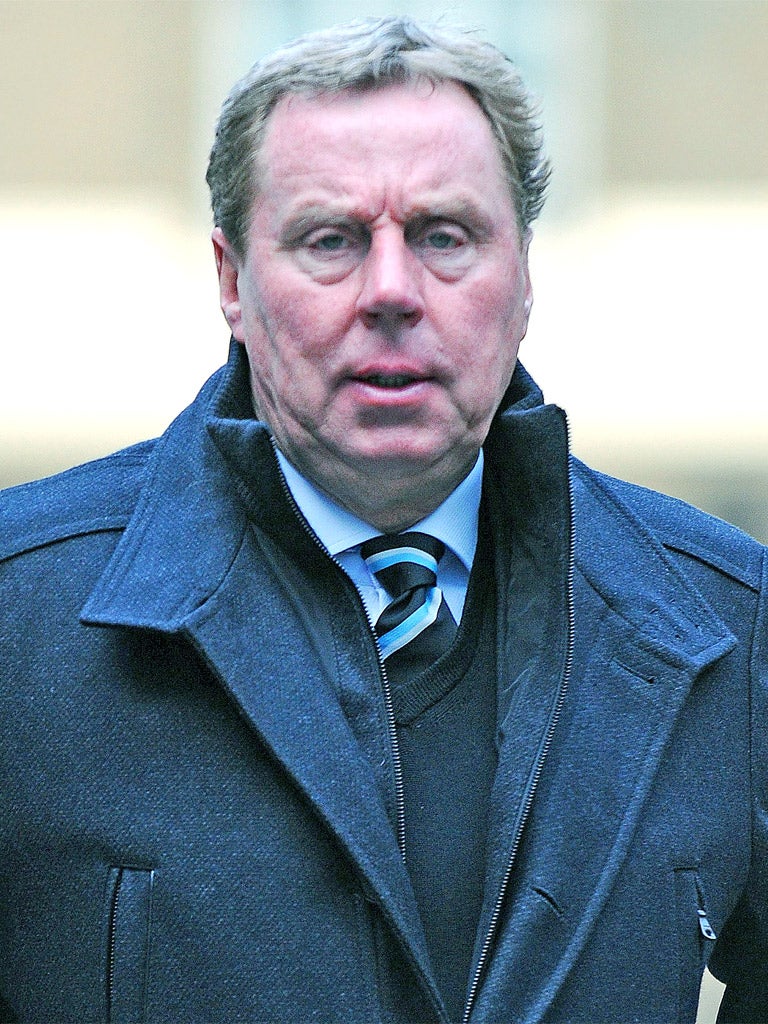Redknapp case reveals limits of Quest inquiry
2006 investigation into 'bungs' had no power to force disclosure of bank statements, says director

The trial of Harry Redknapp for tax evasion yesterday shed a new light on the 2006 Quest investigation into English football, the highest-profile probe into finances that the game has ever seen. It was to Quest investigators that Redknapp disclosed the existence of the Monaco bank account at the heart of this case but the court heard the limits of the power officials had.
The 2006 investigation, commissioned by Premier League chief Richard Scudamore, was sanctioned to investigate "irregular payments" in transfers. It became known as "the bungs inquiry", said John Kelsey-Fry QC, Redknapp's defence lawyer, at Southwark Crown Court yesterday.
Quest was chaired by the former Metropolitan police commissioner Lord Stevens and yesterday the former managing director of Quest – a corporate investigation firm – gave evidence at the trial of Redknapp, and former Portsmouth chairman Milan Mandaric, on two charges of tax evasion.
Nigel Layton, now a KPMG director, told the court that Quest had no power to force individuals to disclose personal information such as bank statements. Instead, he and his colleagues travelled around the country visiting managers, chairmen and agents to ask if they would voluntarily provide confidential information for scrutiny.
The scope of the investigation covered all transfers into Premier League clubs from 1 January 2004 to 31 January 2006.
Layton said "the vast majority of managers and chief executives and even some agents did provide [information] but not everyone". When Layton met managers and officials to look at their personal bank statements he was, the court heard, not permitted to take copies or notes of the documents.
Layton admitted he could not compel managers to do anything. "Quest had no power to order disclosure. All we could do was ask for voluntary disclosure. If that was not forthcoming then there was nothing we could do."
It was at a meeting in November 2006 between Redknapp and Quest investigators that the manager disclosed the existence of his Monaco account when he was asked if he had any offshore funds. Later that month, Layton said he received a fax "out of the blue" sent to his office from Mandaric explaining the reasons why he had told Redknapp to set up the account in Monaco.
Mr Kelsey-Fry QC, addressing Layton, said that Quest would never have discovered the existence of the Monaco account had it not been for Redknapp's assistance. "You had no powers to compel anyone else to give this information about Mr Redknapp," he said. "You had not powers to go seizing [information]. You were entirely dependent on co-operation.
"The reality is when you asked him that question [about whether he had an offshore account], had Mr Redknapp said 'I'm not telling you' you would never have known about that account."